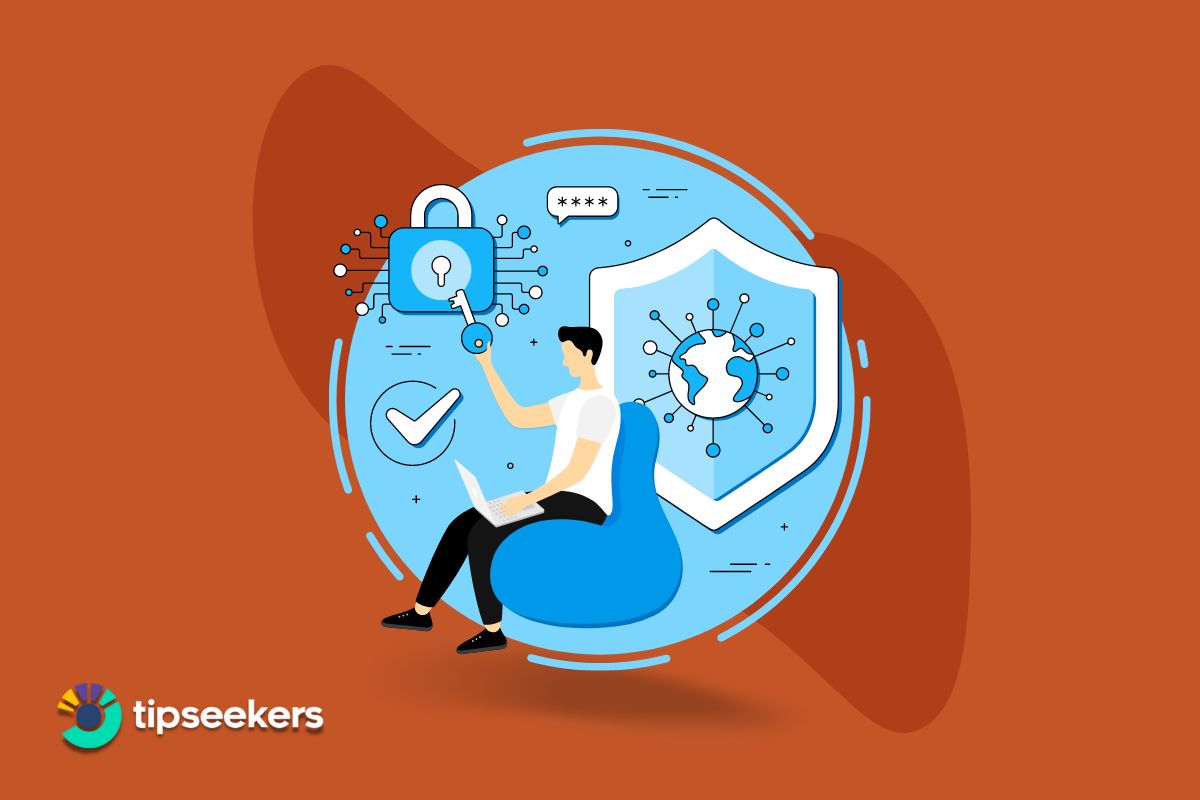A virtual private network (VPN) is a tool used to establish a secure and encrypted connection between two or more devices over the internet. VPNs are popular among businesses and individuals as they provide privacy and security while accessing the internet. However, like any tool, VPNs have their advantages and disadvantages. In this blog, we will discuss the pros and cons of VPNs in detail.
Pros:
Security
The primary advantage of using a VPN is security. VPNs encrypt your data, making it difficult for hackers, ISPs, or government agencies to access or intercept your online activity. This is especially important when you are using public Wi-Fi networks, which are often unsecured and vulnerable to attacks.
Privacy
VPNs protect your online privacy by masking your IP address and location. Your online activities become anonymous, and your browsing history cannot be tracked by anyone. This is particularly useful for those who want to avoid targeted ads or those who live in countries with strict internet censorship laws.
Access blocked content
VPNs allow you to access content that may be blocked in your region or country. For example, you can use a VPN to access geo-restricted streaming services like Netflix, Amazon Prime, or Hulu.
Remote access
VPNs are often used by businesses to provide remote access to employees. Remote workers can securely access company resources and data from anywhere in the world.
Cost-effective
VPNs are a cost-effective way to secure your online activities, especially if you choose a free or low-cost VPN service.
Cons:
Slower connection speed
One of the most significant drawbacks of using a VPN is that it can slow down your internet connection. This is because VPNs add an extra layer of encryption and routing, which can reduce your bandwidth and increase your latency.
Limited server locations
VPNs have a limited number of server locations, especially free VPNs. This can be problematic if you want to access content that is only available in specific regions.
Logging policies
Not all VPNs are created equal, and some VPNs may log your online activities. This defeats the purpose of using a VPN to protect your privacy. Therefore, it is essential to choose a VPN that has a strict no-logging policy.
Compatibility issues
Some VPNs may not be compatible with certain devices or operating systems. For example, some VPNs may not work with certain routers or streaming devices.
Trust issues
There have been cases where some VPNs have been found to be compromised or even used for malicious purposes. Therefore, it is important to do your research and choose a reputable VPN provider.
Conclusion
VPNs are an essential tool for protecting your online privacy and security. They offer several benefits, including security, privacy, access to blocked content, remote access, and cost-effectiveness. However, they also have some drawbacks, such as slower connection speeds, limited server locations, logging policies, compatibility issues, and trust issues. Therefore, it is important to choose a VPN provider that offers the right balance between security and speed, and one that you can trust.









